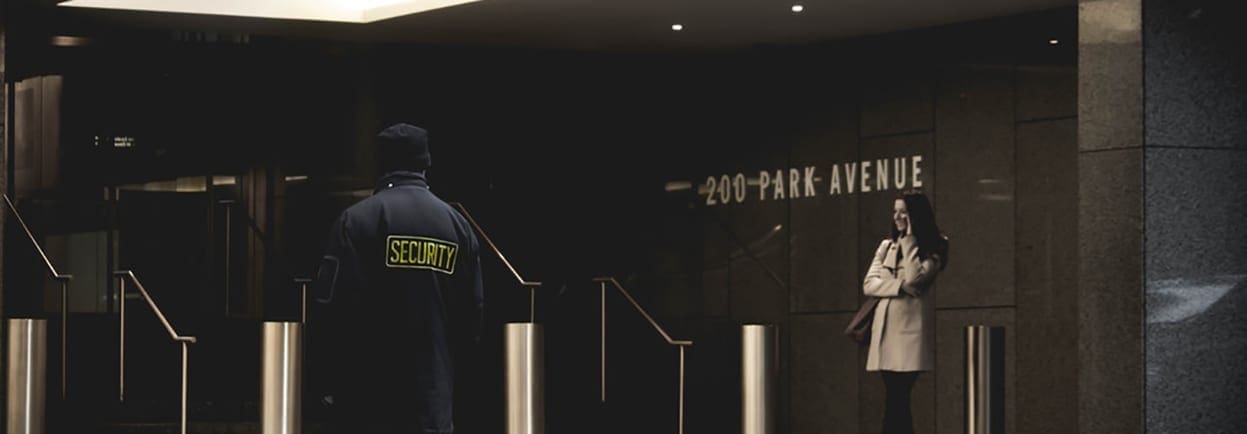© Copyright 2024 Chandler | Ross - Injury Attorneys, All Right Reserved. |
Privacy Policy
The information on this website is for general information purposes only. Nothing on this site should be taken as legal advice for any individual case or situation. This information is not intended to create, and receipt or viewing does not constitute, an attorney-client relationship.
The verdicts and settlements listed on this site are intended to be representative of cases handled by Chandler | Ross, PLLC. These listings are not a guarantee or prediction of the outcome of any other claims

